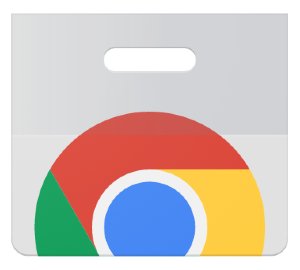In what could be bad news for ad blockers, Google Chrome is reportedly working to introduce the Manifest V3 API for extensions, bringing several changes the company has been working on for the past couple of years. Currently, developers can check out the final documentation for Manifest V3.

Google Chrome extensions to support Manifest V3 API
Google has, among other things, introduced better ways to handle network requests from extensions. As per Manifest V3, declarativeNetRequest API would be used instead of webRequest API. This change means that an extension will have to pass the filtering rules to Chrome, which will then parse these requests.
Apparently, Google has made this decision to help the privacy and security of users. Earlier, with the webRequest API in effect, extensions were handling the network requests, which doesn’t sound so stern from the security point of view. That is why the declarativeNetRequest API restores that ability to Chrome itself.
Ad-blocker developers protest
In a scenario where the extension wants to block something on a webpage, the extension will have to provide a filter list. While this method makes more sense from the privacy standpoint — because the extensions don’t have full control over the network request management — many ad-blocker developers have protested against this change.
This is because Google Chrome has now set a relatively low limit of the number of filters an extension can give to the browser. At this point, the limit is set at 30,000 requests, and Google adds that the limit will be made to 300,000 with the release of Chrome v89.
Although the number 30,000 seems big enough for the user, it is not so for content-blocking extensions. Many extensions use multiple blocklists that contain 60,000 or more requests. That is, the 30,000-request limit set by Google Chrome won’t be enough for one popular extension.
uBlock Origin is one of the developers that has shown increasing concern over Chrome’s deployment of the Manifest V3 API. Another popular ad-blocker, said it is relieved that Chrome allows content filtering after implementing the same update.
In related news, Microsoft Edge has offered complete support for the Manifest V3 API. Simultaneously, some other browsers like Opera and Vivaldi are said to keep the support for the old webRequest API.
Via: Android Police.
Leave a Reply